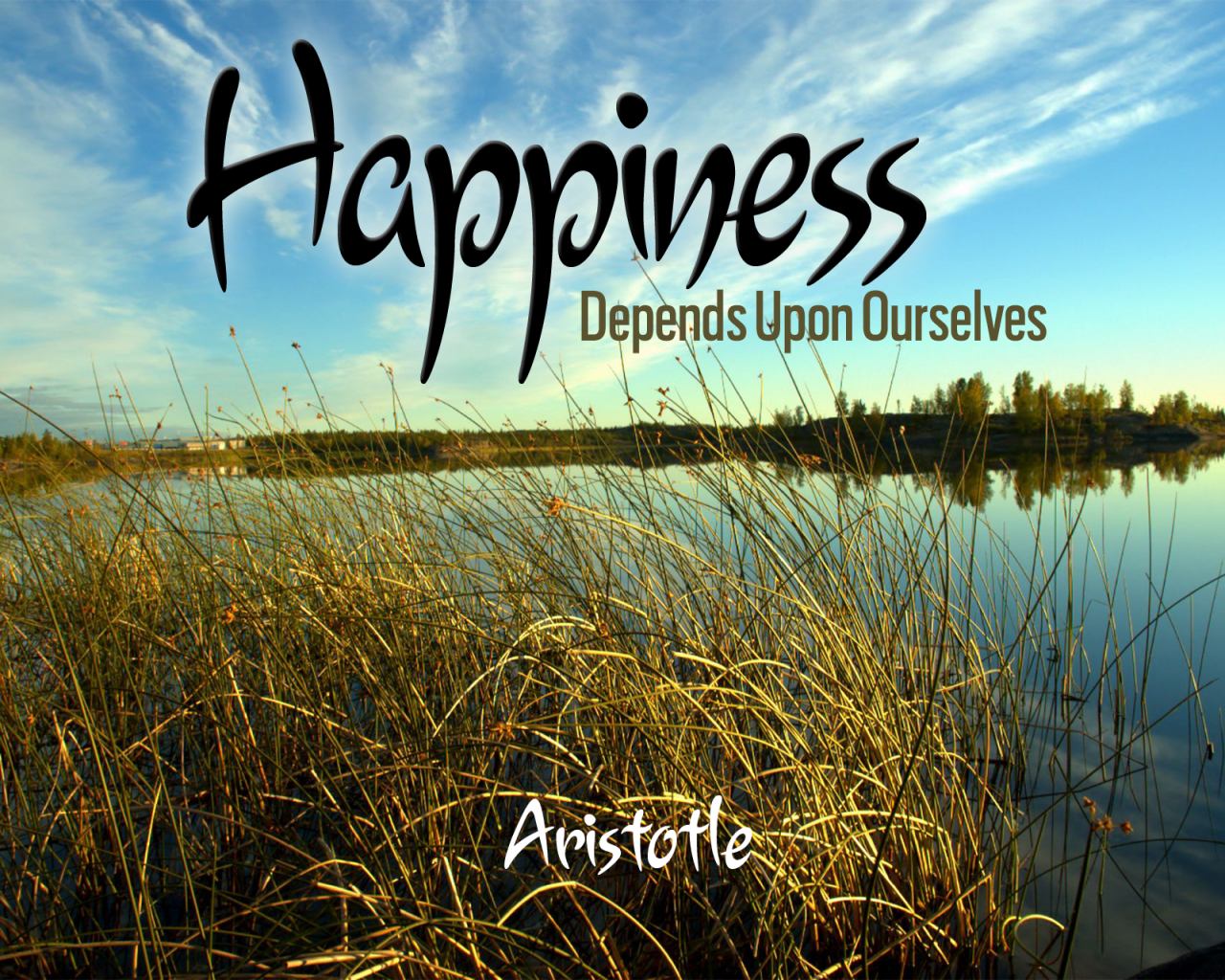
The theory of everything, or ToE, is at its most basic a theory to unite all other fundamental theories of physics. The necessity comes about from the competition of two leading theories: General Relativity and Quantum Mechanics. General Relativity, based on Einstein's Theory of Relativity, is without going into detail able to explain the physics of all things large or with great mass. By contrast, Quantum Mechanics explains all things at their particle levels - tiny things with small mass. These two theories have been overwhelmingly supported by evidence in their respective realms of applicability, however when the two are both applicable (for example, with a black hole, which is miniscule in volume but has incomprehensibly great mass) that evidence has also proven that the two are incompatible - they cannot both be true. So, it's been theorized by physicists that there must exist some theory (the elusive ToE) to unite the other two. This theory, once discovered, could then be used to explain all of known physics, not just the extremely big or extremely small. There are several candidate theories and explanatory frameworks being thrown around, of which modern string theory is the most widely supported, that are aiming to become this ultimate theory of the universe, but research is still being done on them. At the same time, there are several opponents to the ToE, saying that to discover such a theory would be impossible. These physicists and mathematicians, including Stephen Hawking, cite mathematical theorems, ideas of infinity, and the impossibility of calculation (or actually proving the theory) as reasons that it cannot be found and likely does not exist.
The Theory of Everything, as this comic suggests, would only help to explain things we already know exist. So the question that this search for knowledge begs is: What's the point? What would it matter if a Theory of Everything exists or not? There are several ways of handling this question, but I'd like to take this opportunity to address it in the terms of this class, specifically in relation to human society and our place in the world. See, an ultimate theory, were one to be found, would provide evidence that everything in our universe, every force and ultimately every atom, is at some fundamental level connected. Which would mean that we, at some level, must be connected with everything else in the universe. Scary, huh? Such a discovery would suggest that we as a society aren't quite as removed as some might like to believe. What we do effects the rest of the universe, and what happens in the rest of the universe effects us. Armed with such a theory, Aldo Leopold's Land Ethic doesn't seem so crazy; if we are, in fact, at some fundamental level made from the same forces as the soil we stand on, we ought to factor respect to that soil into our daily ethics in the same way we factor respect to other people or institutions into our decisions. It's possible that the only difference between us and our dirt is the frequency of vibrations in a few electrons... But then again, it's only a theory.

